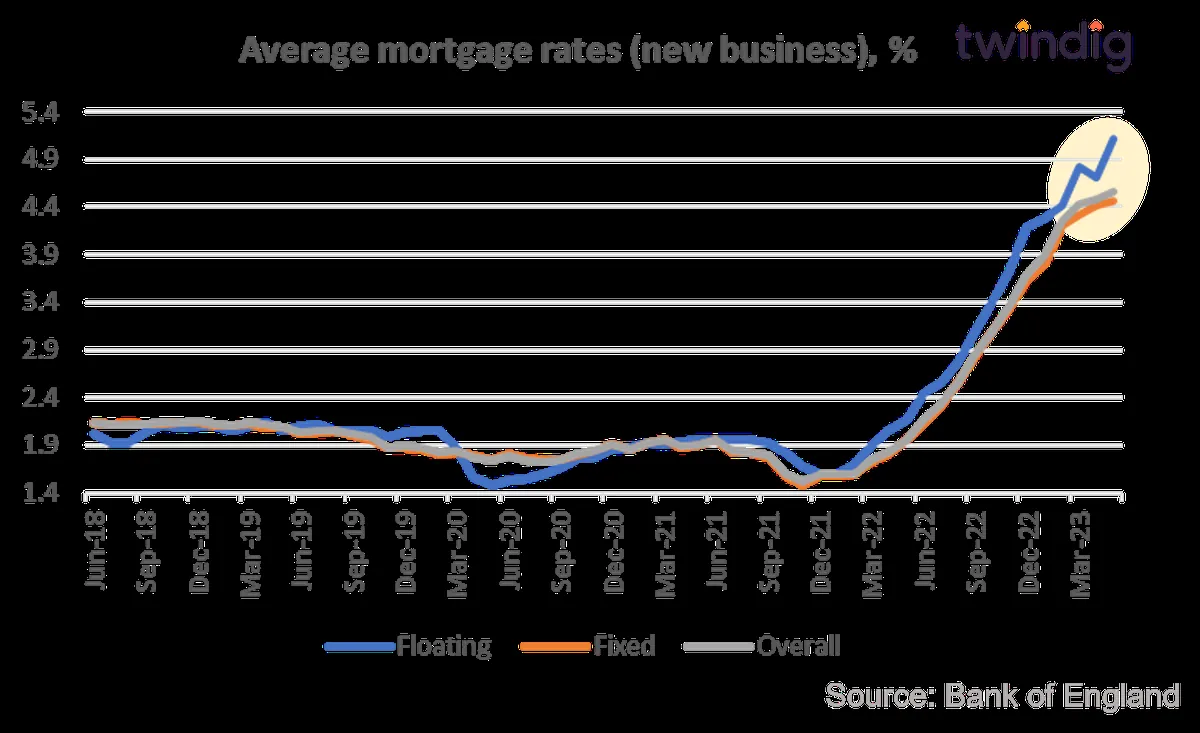Letters reveal Church scandal and gambling concerns as main public worries
Recent letters to editor show public reaction to Church of Englandʼs handling of abuse cases and growing gambling problems among youth. Writers also discuss assisted dying laws and historical matters

The Church of Englandʼs handling of abuse cases draws strong criticism in recent correspondence. John Smythʼs case shows how church leaders focused on the abuser instead of victims — a choice that let abuse continue unchecked (its a pattern that many survivors know too-well). The departure of Justin Welby ends what writers describe as a troubling period for the institution which lost trust during covid-19 lockdowns
A proposed assisted-dying law raises concerns based on other countries experiences. Canadaʼs system — started in 2016 — shows how initial strict rules can change: by 27 theyʼll allow mental illness as sole reason for requests. Critics point out that no safeguards can fully stop inheritance-motivated coercion
New research paints a worrying picture of Britainʼs gambling scene:
- Most lenient ad rules in Europe
- Youth problem rates doubled since last year
- 1.65 million kids live with problem gamblers
- Social media and sports full of betting ads
The postal service gets unexpected praise from charity workers who note that real mail helps elderly veterans mental health. Meanwhile energy-policy writers suggest that 5-year election cycles make long-term planning hard; dont expect quick fixes
Farming tax policies draw criticism from cheese exporters who face multiple challenges:
- Inheritance tax pressure
- Possible US tariffs
- Supply chain risks
A historical note discusses Dutch resistance during WW2 — including a massive strike in 41 that saw 300‚000 people protest Nazi actions (though it ended with brutal response and heavy fines)
The Dutch also hid 25‚000 Jews‚ 18‚000 successfully





























